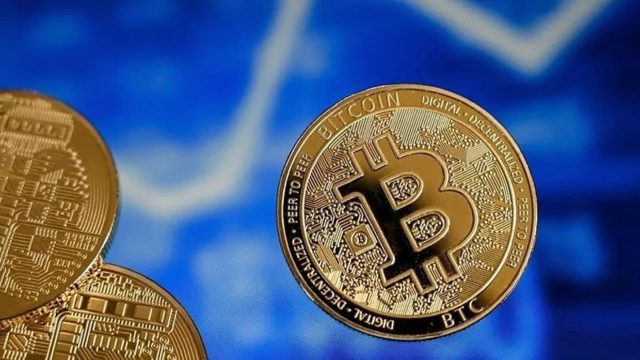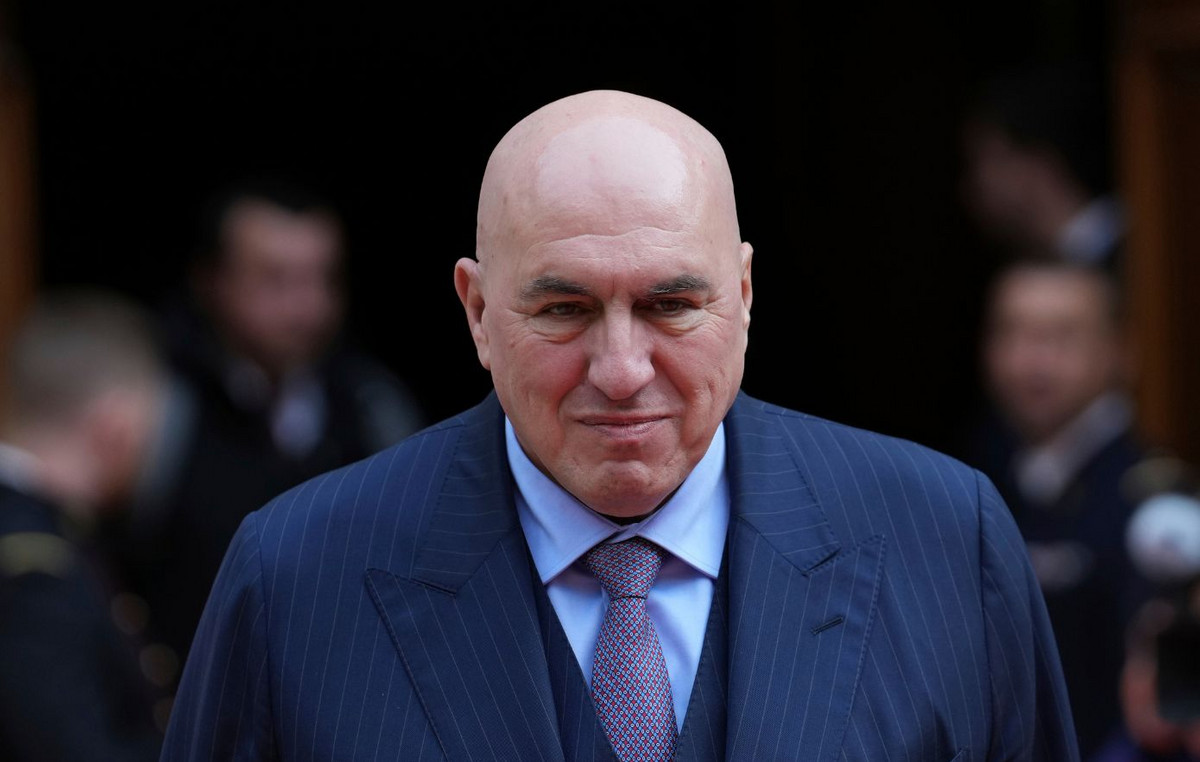The High Court in London will rule on what should be the last appeal regarding the extradition of WikiLeaks founder Julian Assange to the United States to face 18 criminal charges, including espionage.
Who is Julian Assange?
Assange was born in Townsville, Australia, in July 1971, to parents who worked in theater and traveled frequently. As a teenager, Assange gained a reputation as a sophisticated computer programmer, and in 1995 he was arrested and found guilty of hacking. He was fined but avoided prison on the condition that he not reoffend. In his late 20s, he went to the University of Melbourne to study mathematics and physics.
What is WikiLeaks?
Assange launched WikiLeaks in 2006, a website where secret files were shared by people who leaked them.
The page gained prominence in April 2010 when it published a confidential video showing a 2007 US helicopter strike that killed a dozen people in the Iraqi capital Baghdad, including two Reuters news workers.
In total, WikiLeaks released more than 90,000 classified US military documents about the war in Afghanistan and around 400,000 secret US files about the Iraq war. The two leaks represented the largest security breaches in American military history.
The site also released 250,000 secret diplomatic cables from US embassies around the world, with some of the information published by newspapers such as The New York Times and the British Guardian.
The leaks angered and embarrassed American politicians and military officials, who said the unauthorized spread put lives at risk.
Former US Army intelligence analyst Chelsea Manning served seven years in a military prison for leaking hundreds of thousands of messages and cables to WikiLeaks, before being released on the orders of President Barack Obama.
Arrest and beginning of legal battle
On 18 November 2010, a Swedish court ordered Assange's detention as a result of an investigation into allegations of sexual crimes made by two Swedish WikiLeaks volunteers. On December 7, 2010, Assange was arrested by British police serving a European arrest warrant issued by Sweden.
Assange denied the allegations and said from the beginning that he believed the Swedish case was a pretext to extradite him to the United States to face charges over the WikiLeaks disclosures.
His extradition to Sweden for questioning was ordered in February 2011. Assange was denied a series of appeals and entered the Ecuadorian Embassy in London seeking asylum to avoid being taken to Sweden and perhaps the United States thereafter.
Seven years at the Ecuadorian Embassy
Ecuador granted asylum to Assange on August 16, 2012, with British police setting up a 24-hour guard to prevent his escape, saying he would be arrested if he left.
The standoff left Assange living in cramped quarters at the embassy. Swedish prosecutors dropped the investigation in 2017, but British police said he would still be arrested if he left the embassy after failing to surrender on bail.
During his time at the embassy he had two children with his partner Stella Moris.
End of the impasse at the Embassy and beginning of the US case
On April 11, 2019, a screaming Assange was removed from the embassy and arrested after Ecuador revoked his political asylum.
The following month he was jailed for 50 weeks for breaching bail conditions. In June 2019, the US Department of Justice formally asked the United Kingdom to extradite him to the United States to face 18 conspiracy charges for hacking US government computers and violating espionage laws.
Since then, Assange has been in the maximum security Belmarsh prison in southeast London pending extradition hearings.
On January 4, 2021, a British judge ruled that Assange should not be extradited to the United States, saying his mental health problems meant he was at risk of suicide.
However, US authorities won an appeal in December 2021 in London's High Court against that decision, after offering a package of guarantees about the conditions of Assange's detention if convicted, including the promise that he could be transferred to Australia to serve any sentence.
Final legal battle
In June 2022, the then British Home Secretary, Priti Patel, approved the extradition and, last year, a judge at the High Court in London refused Assange's appeal request.
At the two-day hearing that will begin this Tuesday (19), Assange's legal team will begin a last attempt to reverse the extradition decision in the English courts.
If he is successful, his case will be subject to full appeal. If he loses, the only remaining obstacle to his extradition lies with the European Court of Human Rights (ECHR), where he already has a request filed that could prevent his extradition.
If Assange is extradited, his supporters say he could be held in a maximum security prison in the US and, if convicted, could face a sentence of 175 years in prison. US prosecutors said it would take no more than 63 months.
Source: CNN Brasil
Bruce Belcher is a seasoned author with over 5 years of experience in world news. He writes for online news websites and provides in-depth analysis on the world stock market. Bruce is known for his insightful perspectives and commitment to keeping the public informed.







